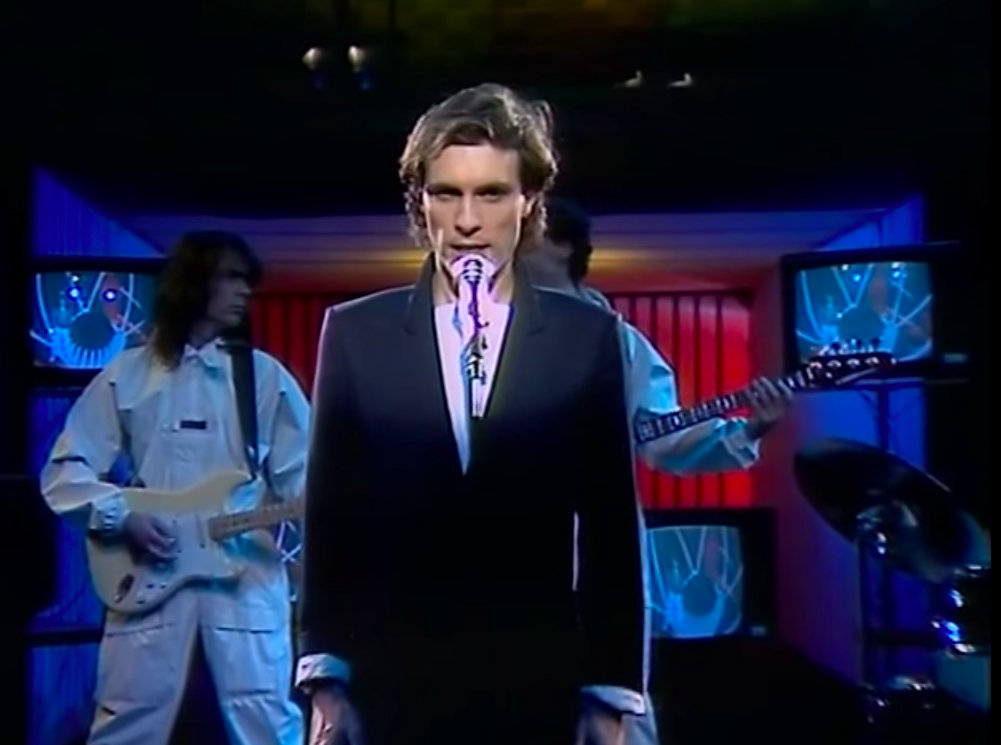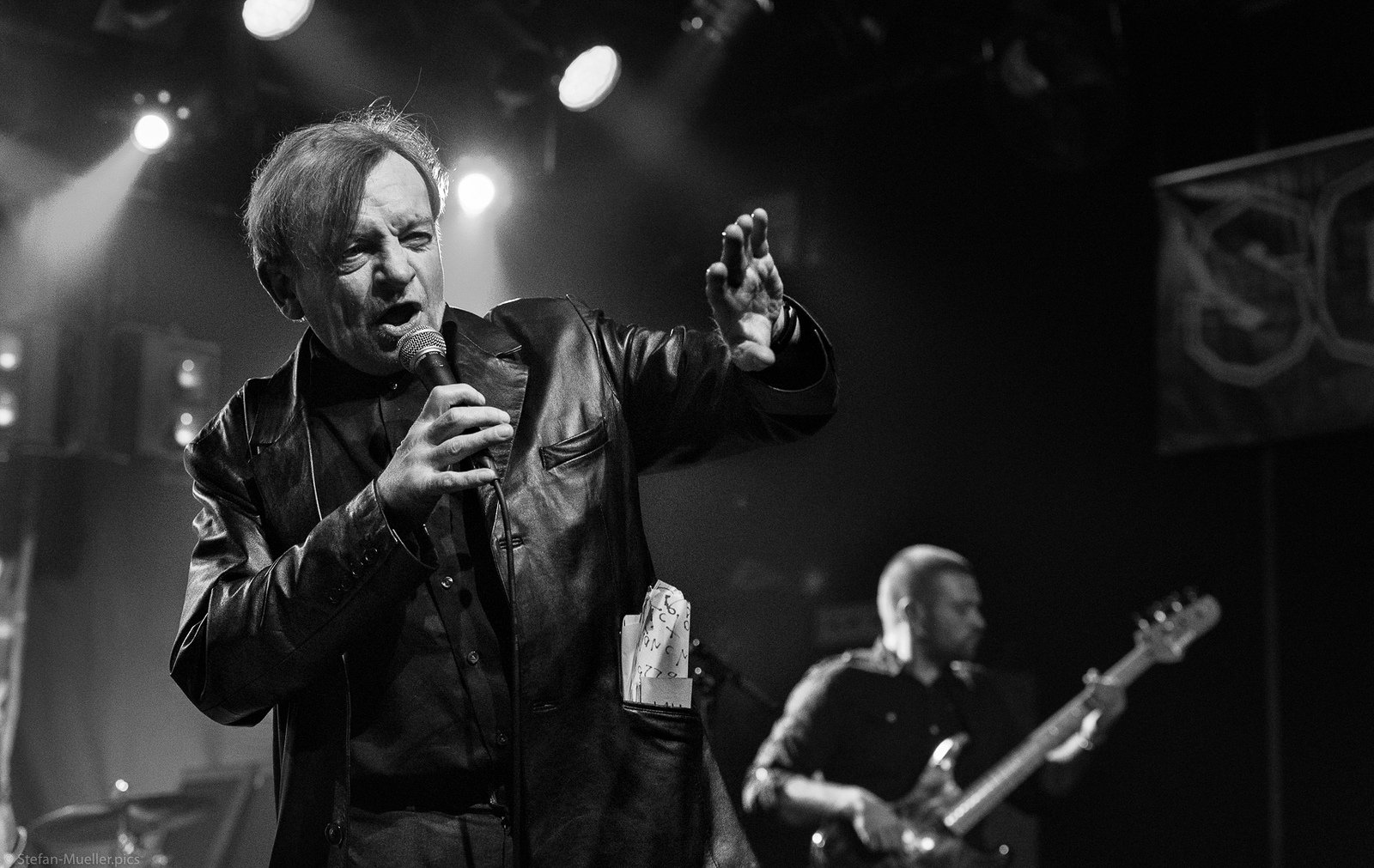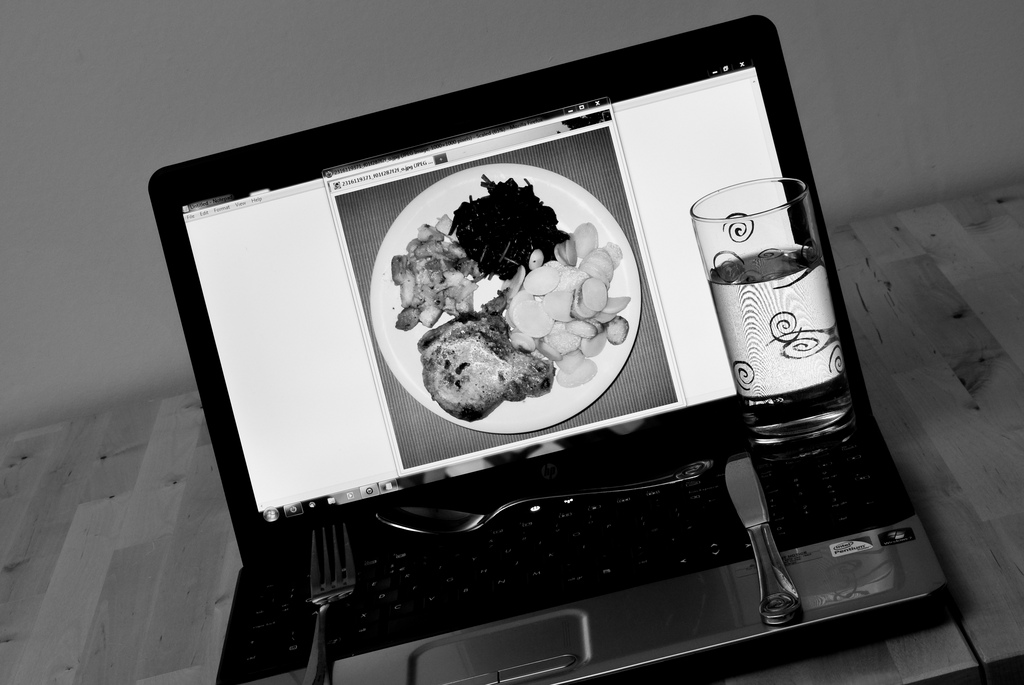New York City, January 28, 2018
 ★★ The broken toe was aching with the damp, like an old established wound. There was just enough rain to scatter individual rings over the surface of the puddles. Its departure time was pushed back in the forecast, from early to late afternoon. Cars rolled along balanced on the tires of their upside-down reflections. Things teetered back and forth between stuffiness and clamminess. It had seemed too much trouble to bring the children’s umbrellas out to Brooklyn, and now up on the surface it was raining harder than before, turning their puffy coats dark and shiny and making the phone screen balky as the map and compass sought the right direction to walk. The transit museum, once located, was chilly down on the platform between the old trains, and the white-tiled station restroom had muddy water tracked in on the floor. Back upstairs again, there was no rain left worth reckoning with, and no confusion as to the the way back. The older boy gave a warning and steered away from a deep, opaque puddle by the curb, but no traffic came to splash it.
★★ The broken toe was aching with the damp, like an old established wound. There was just enough rain to scatter individual rings over the surface of the puddles. Its departure time was pushed back in the forecast, from early to late afternoon. Cars rolled along balanced on the tires of their upside-down reflections. Things teetered back and forth between stuffiness and clamminess. It had seemed too much trouble to bring the children’s umbrellas out to Brooklyn, and now up on the surface it was raining harder than before, turning their puffy coats dark and shiny and making the phone screen balky as the map and compass sought the right direction to walk. The transit museum, once located, was chilly down on the platform between the old trains, and the white-tiled station restroom had muddy water tracked in on the floor. Back upstairs again, there was no rain left worth reckoning with, and no confusion as to the the way back. The older boy gave a warning and steered away from a deep, opaque puddle by the curb, but no traffic came to splash it.
New York City, January 25, 2018
 ★★★★ The cold crept in and made it hard to leave the bedcovers. The first direct touch of sun, rounding the corner onto Broadway, was warm, though. Bare twigs made interference patterns against the louvers of the Claire Tow Theater. Floating slush textured the bright blue sky in a puddle.
★★★★ The cold crept in and made it hard to leave the bedcovers. The first direct touch of sun, rounding the corner onto Broadway, was warm, though. Bare twigs made interference patterns against the louvers of the Claire Tow Theater. Floating slush textured the bright blue sky in a puddle.
Stop Twitting Yourself
Six months ago I quit Twitter. It happened in a moment that combined the deepest loathing (both self- and other-directed) and the brightest clarity, and I have not looked back since. Apart from the actual quitting of Twitter, the thing I am most proud of is not having written an essay about it, so I am not going to make this into a whole narrative, but I have been fairly evangelical with friends (because there is nothing worse than watching the people you love destroy themselves by choice) and I want to share a couple of lessons I’ve learned.
New York City, January 24, 2018
 ★★★ The gaps between the clouds were soft and blurry overhead, but off to the east and west they were dramatic slashes of light. The openings became the main stuff of the heavens, a light blue now holding oval cumulus fused together in rows. Dry leaves, whole and curling, scraped and hopped along. A half-moon tilted on the bright afternoon sky. A few hours later, in the last light-haunted purple before full night, it was shining strongly enough to reveal the slight concavity of its edge.
★★★ The gaps between the clouds were soft and blurry overhead, but off to the east and west they were dramatic slashes of light. The openings became the main stuff of the heavens, a light blue now holding oval cumulus fused together in rows. Dry leaves, whole and curling, scraped and hopped along. A half-moon tilted on the bright afternoon sky. A few hours later, in the last light-haunted purple before full night, it was shining strongly enough to reveal the slight concavity of its edge.
The Many Acts of Keith Gordon
This story was co-published with Longreads.

Keith Gordon circa 2008. Photo by Rachel Griffin.
“When I first met him the only thing I really remember is that he looked familiar to me,” cinematographer Tom Richmond told me about Keith Gordon, the director and former actor. “We would walk down the street…and people would recognize him all the time,” said Bob Weide, an executive producer, writer, director and one of Gordon’s oldest friends. “He has one of those faces where it would be, ‘Excuse me, I don’t mean to bother you, but don’t I know you?’ …Keith would always give them the benefit of the doubt and say, ‘Um, I don’t know. Do we know each other?’ They’d say, “Did you go to Brandeis?’ And Keith would say, ‘No, no, no, I didn’t.’ …They’d say, ‘Wait a minute, did you grow up in Sacramento?’”
“You know what it’s like, when you see him from that time,” recalled Gordon’s wife, Rachel Griffin, a film producer and former actress. “He looked like somebody you knew.” And it was often true, sort of: many people know what he looked like in the mid 1980s, because Gordon had been a very visible, successful actor in teen comedies and thrillers.
“They would rarely say, ‘Oh my god, you’re the guy in Christine, or you’re the guy in Dressed to Kill or whatever,” Weide said. “Sometimes I would actually just jump in and say, ‘He’s an actor, you’ve probably just seen him in one of his films.’ …It was just really painful for him. People thought they knew him, but he was always way too embarrassed or humble to say ‘I’m an actor, maybe you’ve seen one of my movies’.
Maybe you have seen one of his movies, and not just one he’s starred in. Gordon has directed five feature films, as well as some of the most prestigious of prestige television, including but not even remotely limited to “Fargo,” “The Leftovers,” and “Homeland.”
I'm Going To Leave You With This Meditation on "Major Tom" by Peter Schilling

Even if you’re a walking fetus, i.e. a person in their twenties I don’t understand, you have probably heard at least a snippet of the third-best song of the Neue Deutsche Welle, “Major Tom” by Peter Schilling. (#2: “Der Kommissar”; #1: “99 Luftballons;” this is not up for discussion.)
But the version you have probably heard of this haunting masterpiece, which 100 percent encapsulates my fee-fees on any given day, is Schilling’s English translation, released in September of 1983—approximately nine months after German original. Both versions are an homage to “Space Oddity,” and both have a relatively unnecessary parenthetical in their titles. (I’ll never accuse a German of under-explaining anything.)
The English, which peaked on the Billboard Hot 100 at #14, is called “Major Tom (Coming Home).”
Mark E. Smith, 1957-2018
 Photo: Stefan Müller
Photo: Stefan Müller
The indescribable Mark E. Smith, who was somehow 60, 60 and “only 60?” has died. Even the things that make sense don’t make sense anymore.
New York City, January 23, 2018
 ★★ Every trip outside, the rain was doing something different: pausing, pouring, leaking intermittently. There was no way to stay prepared for it. On the way back from the orthopedist’s stuffy office, the clouds were coming apart fast enough that the wet sidewalks gleamed blue. Even as open patches drifted up ahead over Broadway, though, new thin rain started falling. Curb cut after curb cut held sooty puddles. The gray asserted itself as reality; the blue dissolved as illusion. A hard summery downpour splatted against the windows and came ticking through the open end of them onto the blinds. It ended almost as soon as the windows could be closed, and real daylight began to shine. That proved no more conclusive than anything before had been, and new heavy clouds built up in the west. Outside the lobby windows it was premature night. A woman pushed a stroller in through the doors, shaking water off her coat and laughing in dismay. People caught unready hurried along the street or slowed down at the base of the subway steps. Downtown it was over, and now it was headlights that were mirrored on the streets. A thin gold glow was framed in the far end of 17th Street, with pale pink stripes above it at different angles, like overhead wires. Two leisurely beers later, the moon shone clear in a starry sky.
★★ Every trip outside, the rain was doing something different: pausing, pouring, leaking intermittently. There was no way to stay prepared for it. On the way back from the orthopedist’s stuffy office, the clouds were coming apart fast enough that the wet sidewalks gleamed blue. Even as open patches drifted up ahead over Broadway, though, new thin rain started falling. Curb cut after curb cut held sooty puddles. The gray asserted itself as reality; the blue dissolved as illusion. A hard summery downpour splatted against the windows and came ticking through the open end of them onto the blinds. It ended almost as soon as the windows could be closed, and real daylight began to shine. That proved no more conclusive than anything before had been, and new heavy clouds built up in the west. Outside the lobby windows it was premature night. A woman pushed a stroller in through the doors, shaking water off her coat and laughing in dismay. People caught unready hurried along the street or slowed down at the base of the subway steps. Downtown it was over, and now it was headlights that were mirrored on the streets. A thin gold glow was framed in the far end of 17th Street, with pale pink stripes above it at different angles, like overhead wires. Two leisurely beers later, the moon shone clear in a starry sky.
Sex and a Cheese Sandwich

Image: Iain Watson via Flickr
When it comes to food writing that stands alone, you’d be on solid ground if you identified Anthony Bourdain’s Kitchen Confidential as the most iconic work to arrive in the last generation. The book lifted the hood on a world we’d all wondered about but, for whatever reason, never thought to investigate. Moreover, it spawned a style of chest-thumping, hyper-masculine food writing that led to derivative, but equally compelling expressions, including Bill Buford’s Heat, Jeffrey Steingarten’s The Man Who Ate Everything, and Marco Pierre White’s The Devil in the Kitchen: Sex, Pain, Madness, and the Making of a Great Chef. The common thread running through this genre is the tacit acceptance of an unfortunate fact: The production of upper-shelf cuisine inevitably comes with a toxic brand of libertine behavior. Be it rank gluttony, drug abuse, kitchen bullying, or outright sexual exploitation, the acceptance of a generous amount of id leakage as the cost of doing business is endemic to the culture these works so effectively explore.
But that’s changing. The #metoo movement has inevitably gravitated beyond Hollywood, Capitol Hill, and the media to start flushing out bad behavior in the professional kitchen. Accusations and revelations surrounding Mario Batali—all of them swinish abuses of power intended to sexually harass subordinates—in addition to brilliant revisionist assessments, help to ensure that the cult of the kitchen will become a bit less bad-boy in tone, and perhaps even more sensitive to the implications of a previously unfettered tendency to swagger around the stove. One obvious reaction to this impending change is to celebrate it as a long-overdue corrective to a workplace culture that has, for too long, exceeded the bounds of decency. The other (less obvious) is to hope for a reformed genre of food writing that ditches the easy (albeit wildly entertaining) resort to intensified masculinity for a more humane and thoughtful exploration of the raw symbiosis between food and life. Fortunately, in the interests of this latter cause, examples from the last century of food writing abound. Three stand out.
